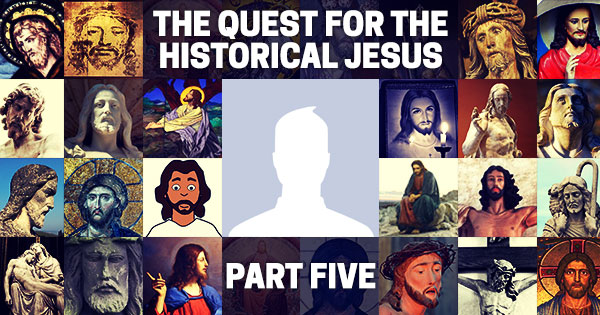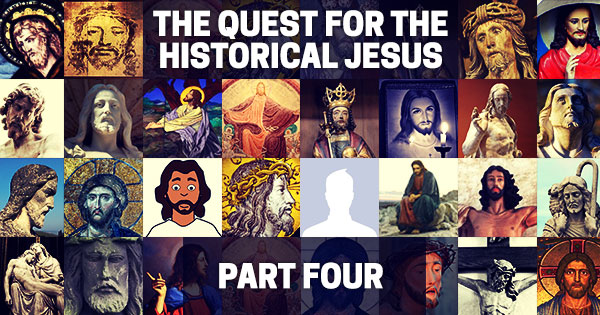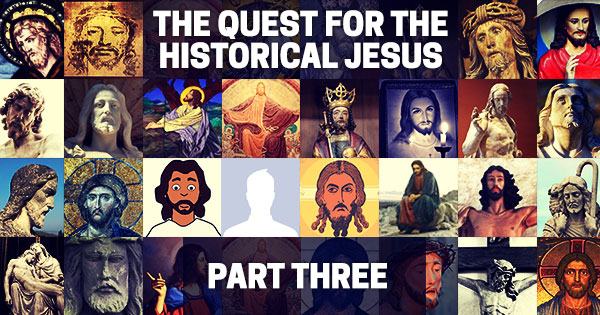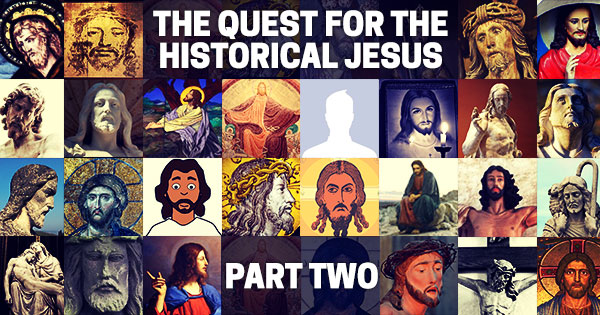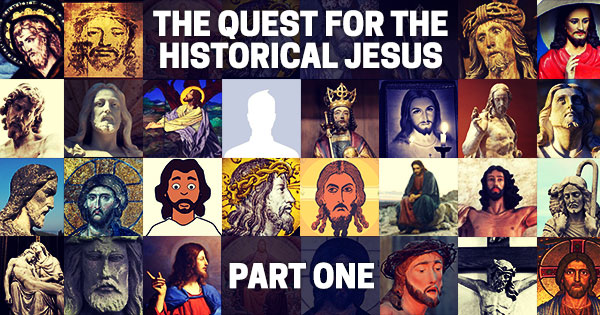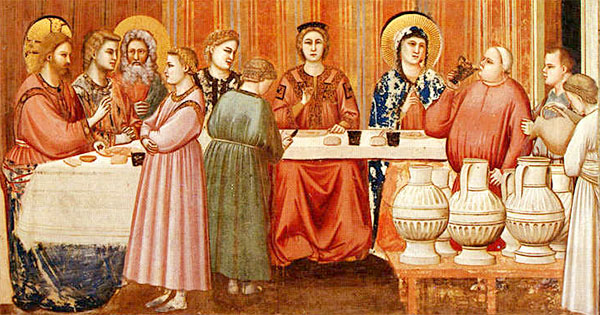This five part series is written by Christian Chiakulas. Part one is here, part two is here, part three is here, part four is here, and part five is here.
A sketch of the Historical Jesus is called a “reconstruction,” but ironically, from a Christian perspective, it appears that much more has been stripped away than added.
That reaction isn’t wrong. We’ve lost an entire gospel (John), many sayings and miracles, the Christmas stories, and thousands of years of theology and exegesis, all in pursuit of the Historical Jesus, the real man who lived 2,000 years ago and founded one of the world’s great religions.
Some Christians might wonder: what is the point of all this? If so much of the traditional Christian story is ahistorical, what’s the point of even being a Christian? If it’s impossible to definitively know exactly what Jesus said and did, why should anyone follow him?
These questions are very personal to me. My Christian faith was destroyed when I first learned about the Historical Jesus. The stories I had so earnestly believed were like beams holding up the walls of Christianity: without them, the edifice collapsed.
So what’s left to found a religion on? When you take away all that, is it still worth being a Christian?
Of course! First of all, just because something isn’t historical doesn’t mean it isn’t true. Maybe Jesus wasn’t actually born in Bethlehem, but that doesn’t make the meaning of Christmas any less profound. Maybe Jesus was wrong to… [Read more…] about The Quest for the Historical Jesus: Part Five
